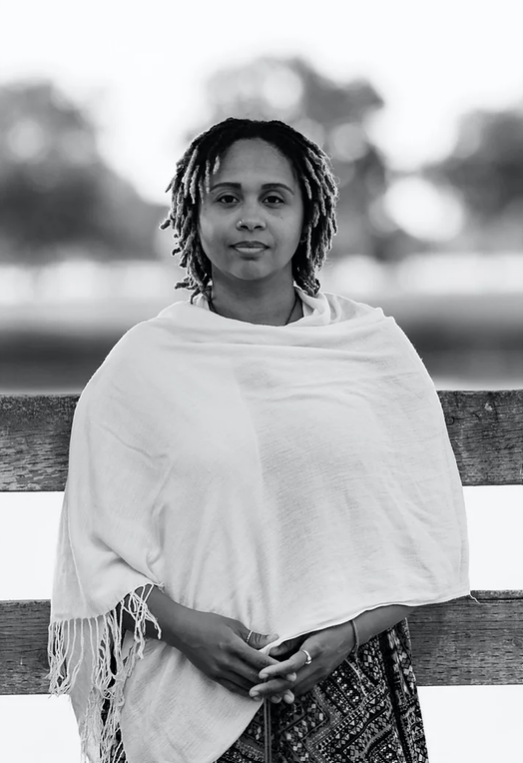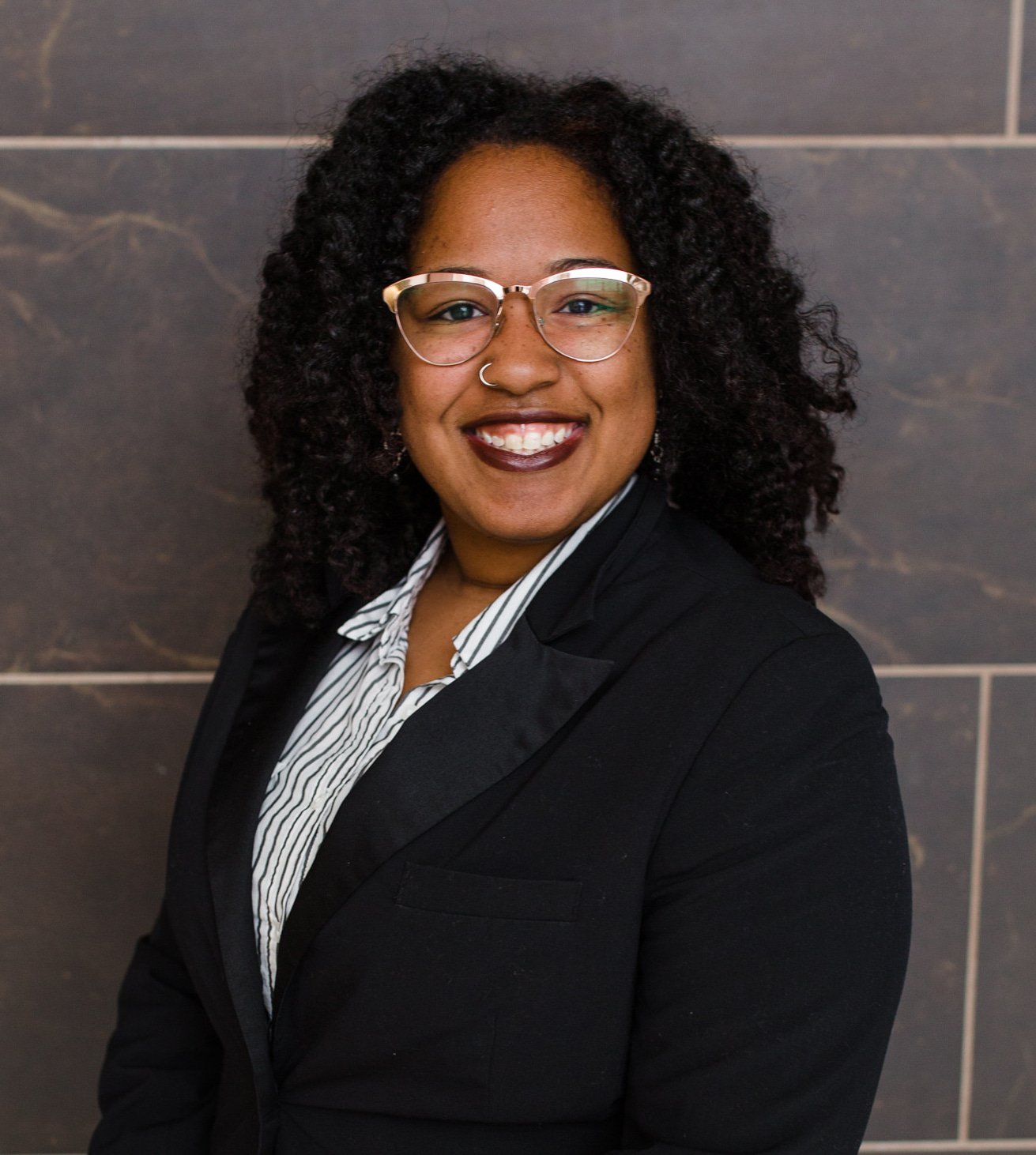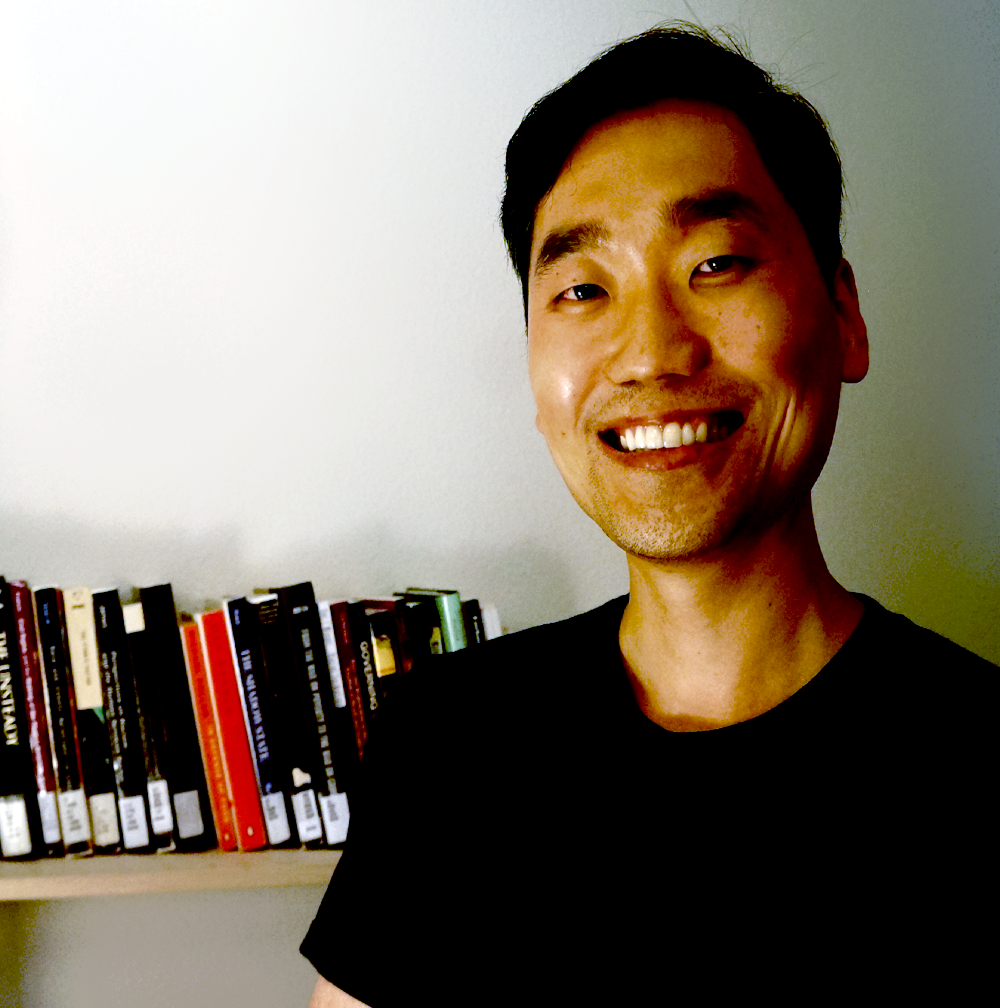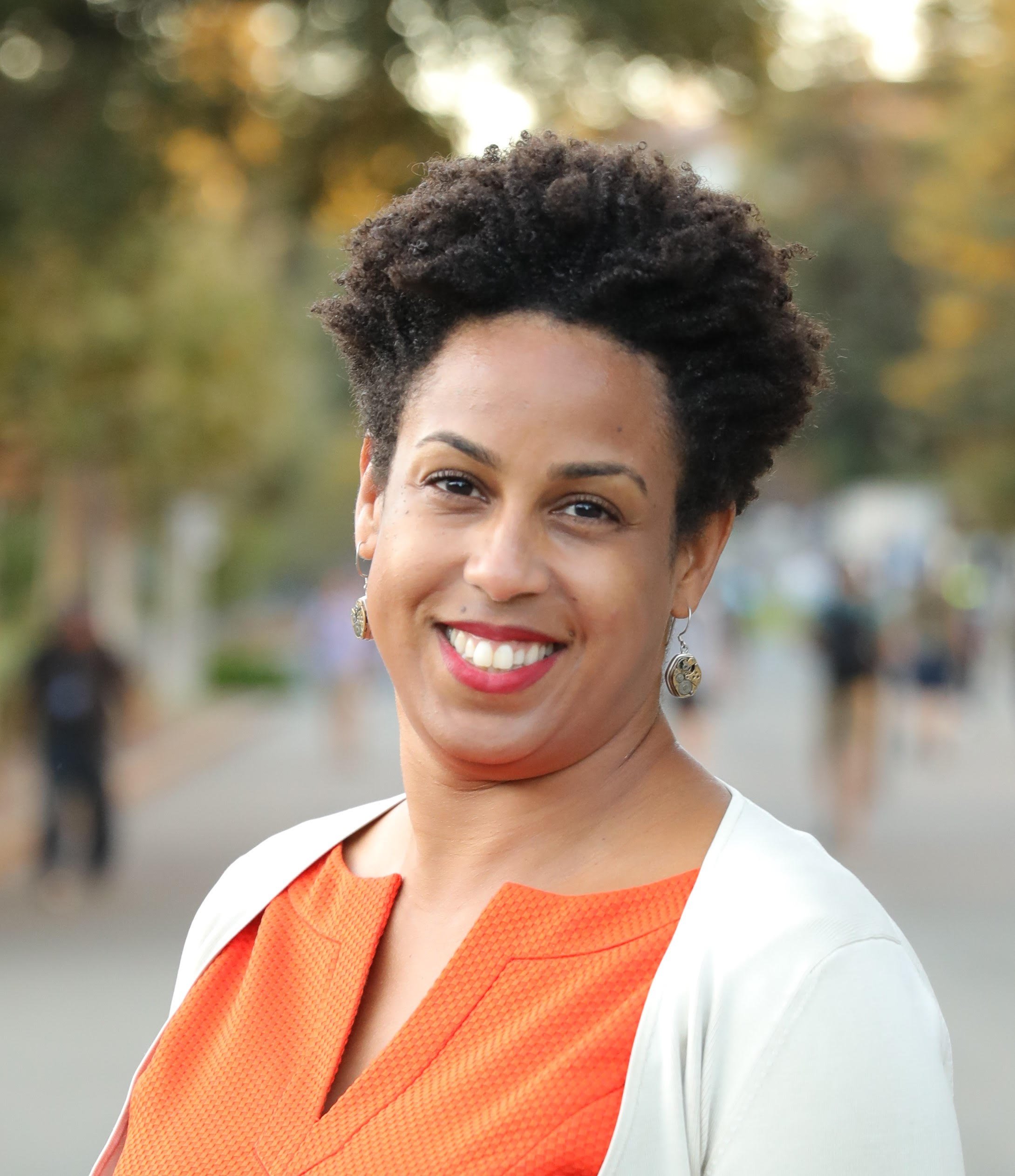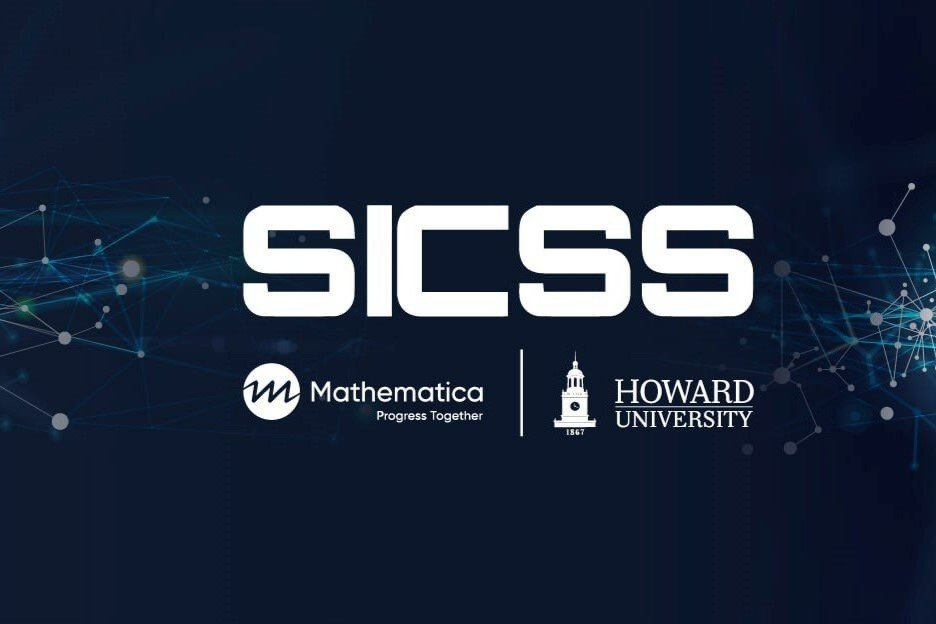Innovative “Praxis to Power” pre-institute marks the beginning of the first Summer Institute in Computational Social Science at a Historically Black University
This blog post is the second of nine in a series called “The Future of Computational Social Science is Black” about SICSS-Howard/Mathematica 2021, the first Summer Institute in Computational Social Science held at a Historically Black College or University. To learn more about SICSS-H/M read the first post in the series.
The historical first Summer Institute in Computational Social Science at a Historically Black University, SICSS-Howard/Mathematica, was preceded by a two-day event Praxis to Power, on June 12th and 13th, 2021. Praxis to Power began with a reminder from SICSS-Howard/Mathematica Lead Naniette Coleman to participants that their presence in the academic spaces was not only courageous and revolutionary but also held immense meaning that could not be erased. The goal of our Praxis to Power pre-institute was to ease participants into the start of SICSS-Howard/Mathematica and ensure that they felt confident and prepared for the two weeks to follow. Participants were heartily and regularly welcomed, reminded they belonged, and showed that a support network was in place for them no matter how they arrived each day.
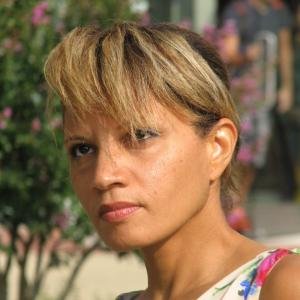
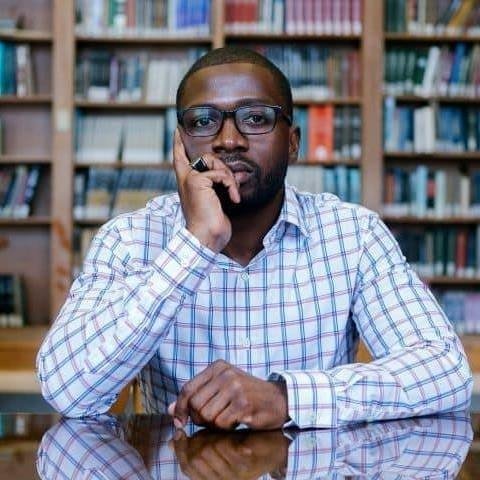

The first day of Praxis to Power included a faculty roundtable entitled “Personal Experiences of African Americans in the Academy,” with Terri Adams, Professor of Sociology at Howard University, Britany Gatewood, Adjunct Lecturer, Department of Sociology at Georgetown University, Brandon Hogan, Associate Professor, Department of Philosophy at Howard University, and Bahiyyah Muhammad, Associate Professor of Criminology at Howard University. During the roundtable, each faculty member shared their journeys to the professoriate, their thoughts on how their identities shaped their experiences in academia, and tips on how to balance a rigorous career of teaching and research with personal life. They each acknowledged that being a Black member of the academy held its own unique challenges and stated the importance of reframing the concept of rejection, setting boundaries, networking to build relationships and community, and branding oneself. Dr. Gatewood quoted Audre Lorde in sharing her belief in self-care as a radical practice that is critical to preventing burnout, which lent itself perfectly to the theme of the next event.
“Caring for myself is not self-indulgence, it is self-preservation and that is an act of political warfare.”
The roundtable was followed by a workshop with Meckell Milburn, a health educator and founder of Revolutionary Healing. Titled “Choosing Self-Care in a Hostile World,” the workshop was rooted in a framework of decolonizing wellness. Meckell was present for the participant introductions and noticed that many of them were scholars of race, power, and oppression. She emphasized that she “believe(s) in liberation work to dismantle systems,” but that one must find opportunities focused on “caring for ourselves, prioritizing ourselves, valuing ourselves and community, to center ourselves and not the systems.” She took time with participants to slow down, breathe, and check in with themselves. The audience was guided through exercises to help them become more aware of thought processes surrounding inadequacy and imposter syndrome and work on perspective shifts that facilitate acknowledgment and acceptance of these feelings without allowing them to impact confidence and self-image. Meckell ended the talk with describing techniques such as writing a “ta-dow” list, humble-bragging, and identifying one’s hype squad, all of which are ways of celebrating oneself with compassion and focusing on accomplishments in the face of challenges or setbacks.
Praxis to Power also held space for participants who needed more time to practice computational methods. SICSS provided a series of online bootcamp videos that acted as an introduction to R and its applications in the field, while the pre-institute gave them an opportunity to increase proficiency with Jae Yeon Kim PhD (Assistant Research Scholar, SNF Agora Institute, Johns Hopkins University & SICSS-Princeton alum 2019). Jae held two three-hour workshops called “Making Computational Methods Accessible,” [day one, day two] with the first day focused on a big picture of R (tidyverse) and data wrangling, and the second day focused on data visualization and teaching computational social science. The second day of the pre-institute also had a three-hour window for individual content review where participants could catch up on lectures and bootcamp materials, practice R on their own, get to know the SICSS-Howard/Mathematica organizing team through video interviews, or learn about “changing the game” through increasing diversity in the computational social science field and reimagining higher education in general.
The second day of the pre-institute ended with SICSS-Howard/Mathematica’s official kick-off and opening plenary by Dr. Wayne A.I. Frederick, President of Howard University. Dr. Frederick introduced participants to Howard University, described the origin of the institute’s conception, its intersection with the university’s core values of truth and service, and encouraged participants to be deeply engaged for the next two weeks. As the Charles R. Drew Professor of Surgery, he described the importance of using data to illuminate racial disparities in healthcare and support the evidence-based nature of medicine. Dr. Frederick told participants that “what is going to make this work is the amplification of your humanity, and your humanity is embedded in work that you’re doing… it’s embedded in your love for the people around you, the people who look like you but also the people who don’t look like you.” In a heartfelt conclusion, he shared his gratitude that members of the SICSS-Howard/Mathematica cohort were creating a better world for his children. You can read more about his Open Plenary talk in our next blog.
After the close of “Praxis to Power” participants remarked that they were “feeling full” and appreciated that the “energy in this virtual space was warm.” The pre-institute succeeded in establishing SICSS-Howard/Mathematica as a welcoming space and demonstrating a set of shared experiences and guidelines that would set the tone for the next two weeks. In the words of Professor Adams, “my identity informs my passion...it impacts the research questions I come up with and the populations I choose to focus on.” SICSS-Howard/Mathematica 2021 was meant to highlight and support the inherent strengths that accompany marginalized identities in a predominantly white field such as STEM or academia at large, and the Praxis to Power pre-institute was a celebratory introduction to that.
For more information about SICSS-Howard/Mathematica 2022 and the application procedure, check out our website. Also follow us on Twitter, like us on Facebook, and join our email list!
About the authors
Amanda Lee received her Bachelor of Arts in Africana Studies and minor in Health & Society from Wellesley College. Alongside working as a certified ophthalmic assistant at Johns Hopkins’ Wilmer Eye Institute, Amanda is studying software engineering (in her free time) with ambitions to apply it to her social science interest. Amanda served as a research assistant and lab manager in the AAC&U award-winning, Berkeley based Interdisciplinary Research Group on Privacy under PhD Candidate Naniette Coleman. Amanda served as an Event and Communications Assistant for SICSS-Howard/Mathematica 2021, focusing on event planning, tech support, and background research.
Naniette H. Coleman is a PhD candidate in sociology at the University of California Berkeley and a multi-year UC-National Laboratory Graduate Fellow (Los Alamos). She is the only social scientist selected for this distinction in the history of the program. Naniette is also the founder and lead organizer of the first Summer Institute in Computational Social Science at a Historically Black College of University, SICSS-Howard/Mathematica 2021. Naniette’s work sits at the intersection of the sociology of culture and organizations and focuses on cybersecurity, surveillance, and privacy in the US context. Specifically, Naniette’s research examines how organizations assess risk, make decisions, and respond to data breaches and organizational compliance with state, federal, and international privacy laws. Naniette holds a Master of Public Administration with a specialization in Democracy, Politics, and Institutions from the Harvard Kennedy School of Government, and both an M.A. in Economics and a B.A. in Communication from the University at Buffalo, SUNY. A non-traditional student, Naniette’s prior professional experience includes local, state, and federal service, as well as work for two international organizations, and two universities. I welcome the opportunity to write about and talk about my research and my efforts to make CSS more diverse. Please reach out via my website: naniettecoleman.com.


